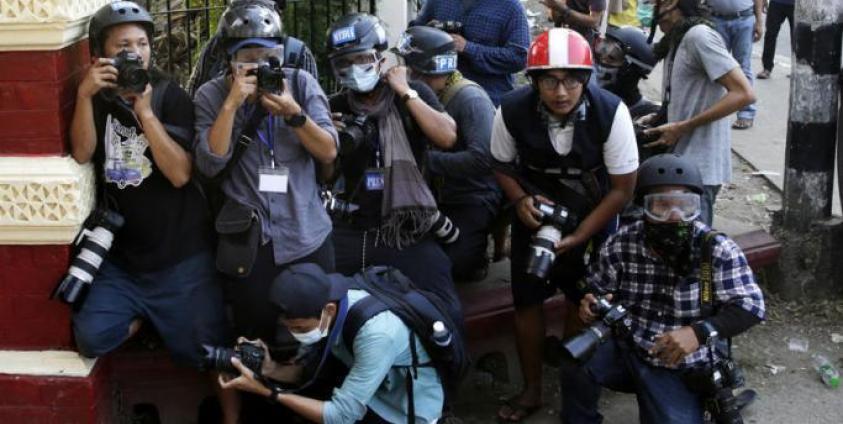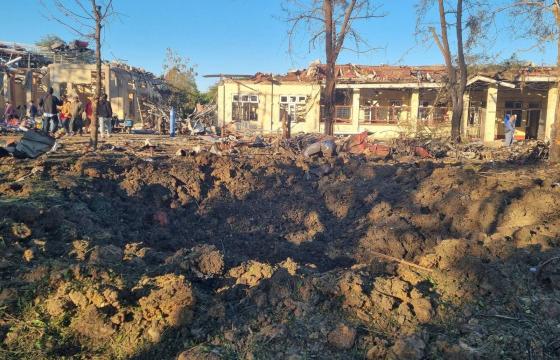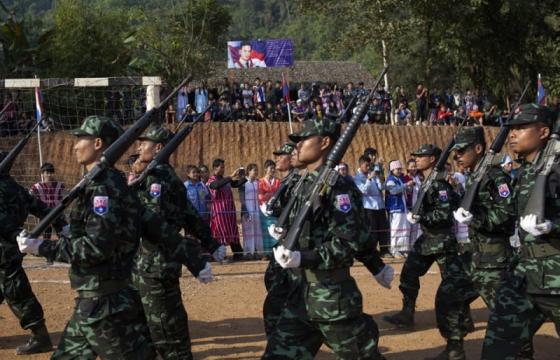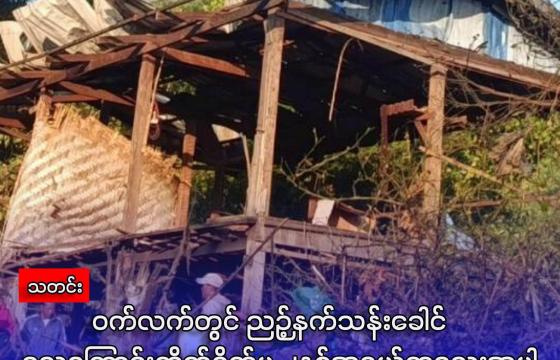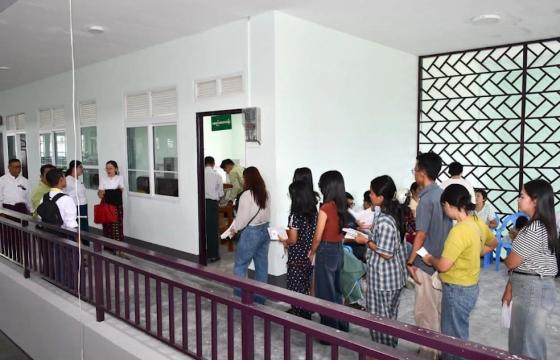Nearly a year after Myanmar’s military coup, the dangers of reporting the Myanmar crisis are becoming all too apparent as the junta targets journalists trying to do their job.
Journalists - exposing the crimes of the regime to the world – are either fleeing to safer areas or attempting to keep their professional lives under wraps.
More than 130 journalists have been arrested, and more than 40 detained in interrogation centres. Thirty face outstanding arrest warrants.
As of mid-January, the journalist death toll stands at three.
Ko Soe Naing, a freelance photojournalist in Yangon, was one of the first Myanmar journalists to be killed during a series of silent protests across Myanmar on International Human Rights Day, December 10, 2021.
He was 30 years old and lived in Yangon. The family members were informed by the military junta soldiers about his death a day after he was arrested while filming near the Chinese monastery in Latha Township.
Similarly, the editor-in-chief of the Federal News Journal, Ko Sai Kae, was the second journalist killed, this time by the junta military's artillery shelling during a battle near the new town of Lay Kay Kaw in Myawaddy Township, Kayin State on December 25.
He was one of the first war correspondents to be killed in battle.
The United Nations Educational, Scientific and Cultural Organization (UNESCO) has condemned the killing of journalists in Burma and called for the protection of the safety of civilians, including journalists, under international humanitarian law. Similarly, the French-based Reporters Without Borders (RSF) has called for an end to the ongoing violence and the imposition of sanctions targeting the Military Council.
On January 6, 2022, another journalist from Chin State was killed. His name is Salai Thudin, founder and editor-in-chief of the Khonumthung News Agency based in Chin State. He was arrested and killed by the Military Council on his way back to his hometown, Matupi from India. Ten local civilians including him were arrested and taken away and their dead bodies found without any gunshot wounds. Sources say he had been stabbed in the neck and died.
After the Myanmar military seized power in the coup, they began a relentless drive to attempt to seize media control and silence media outlets attempting to tell the truth. Nine private media outlets had had their licenses suspended, while state-owned media outlets continued to operate.
Junta leader Min Aung Hlaing is preparing to crack down on the media by enacting a law on television and radio broadcasting in 2015 that would impose sanctions on journalists using technology that was not previously applicable. Breaking this law could lead to up to five years in prison.
Today, any journalist who writes critically of the Myanmar junta can be arrested, may be tortured, and may die in custody. This is a tough price to pay for them doing their job.

